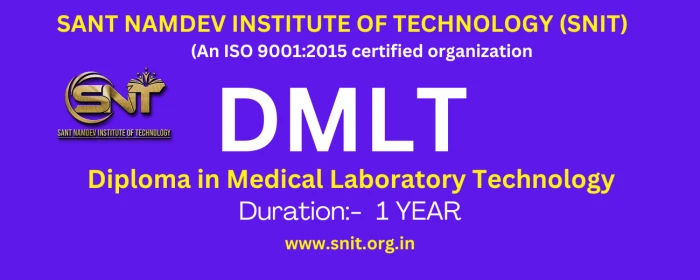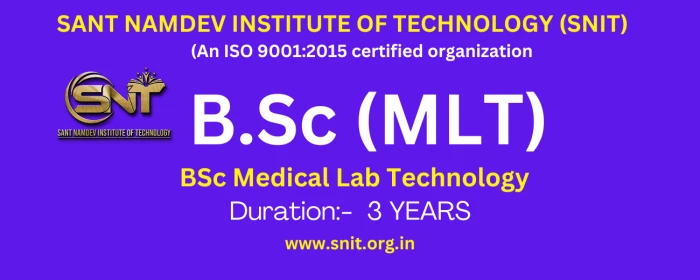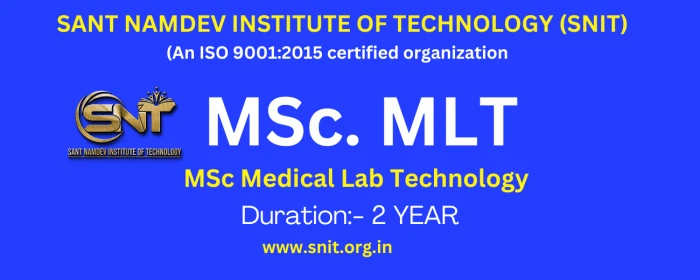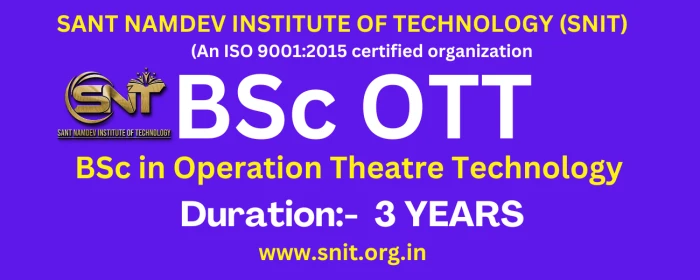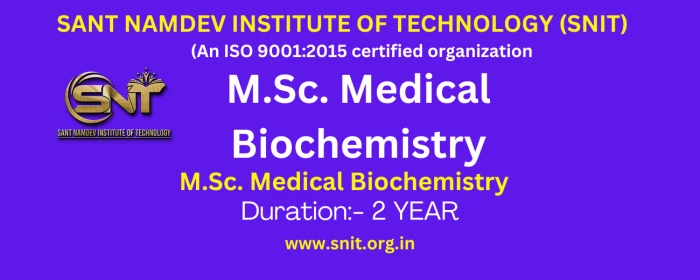**Course Title: Diploma in Medical Laboratory Technology**
**Course Description:**
The Diploma in Medical Laboratory Technology is a comprehensive program designed to provide students with the essential skills, knowledge, and hands-on experience required to excel in the field of medical laboratory science. This two-year diploma program aims to prepare graduates to work as competent medical laboratory technologists and technicians, who play a crucial role in the healthcare system by performing diagnostic tests that help in the diagnosis, treatment, and prevention of diseases.
**Course Objectives:**
Upon successful completion of the Diploma in Medical Laboratory Technology, students will be able to:
1. Understand the fundamentals of laboratory science and the various types of laboratory tests performed in clinical settings.
2. Gain practical skills in various laboratory techniques, including hematology, microbiology, clinical chemistry, immunology, and pathology.
3. Demonstrate proficiency in using laboratory equipment and technologies, ensuring quality control and safety practices in the laboratory environment.
4. Develop the ability to analyze and interpret laboratory results, contributing to clinical decision-making.
5. Adhere to ethical standards and regulations governing laboratory practices, including quality assurance and laboratory safety.
6. Communicate effectively with healthcare professionals and patients, providing clear information regarding laboratory procedures and results.
**Course Structure:**
The Diploma in Medical Laboratory Technology typically consists of both theoretical and practical components, including:
1. **Core Modules:**
- Introduction to Medical Laboratory Technology
- Human Anatomy and Physiology
- Medical Microbiology
- Clinical Biochemistry
- Hematology and Blood Transfusion
- Pathology and Histotechnology
- Immunology and Serology
- Laboratory Management and Quality Control
2. **Practical Laboratory Work:**
- Hands-on training in college-based laboratories.
- Clinical placements in hospitals and diagnostic centers to gain real-world experience.
- Workshops focusing on laboratory safety, specimen handling, and equipment calibration.
3. **Soft Skills Development:**
- Laboratory Ethics and Professionalism
- Communication Skills in Healthcare Settings
- Teamwork and Interdisciplinary Collaboration
**Assessment:**
Students will be evaluated through a combination of theoretical exams, practical assessments, laboratory reports, and clinical placement performance evaluations. Continuous assessment methods may also be used to encourage ongoing learning and improvement.
**Career Opportunities:**
Graduates of the Diploma in Medical Laboratory Technology can pursue a variety of career paths within the healthcare sector, including:
- Medical Laboratory Technologist
- Clinical Laboratory Technician
- Research Laboratory Assistant
- Blood Bank Technician
- Quality Assurance Officer in Laboratory Settings
- Laboratory Sales or Marketing Representative
**Further Studies:**
Upon completion of the diploma, graduates may also opt for further studies in related fields, such as biotechnology, health sciences, or advanced medical laboratory technology, to enhance their career prospects and expertise.
**Entry Requirements:**
- Candidates should have completed secondary education with a focus on science subjects (biology, chemistry, and mathematics).
- Some institutions may require a minimum grade point average or standardized test scores.
**Conclusion:**
The Diploma in Medical Laboratory Technology is an excellent pathway for individuals looking to make a significant impact in the healthcare field. With a focus on both theoretical understanding and practical application, this program equips students with the skills necessary to thrive in a fast-paced and ever-evolving industry. Graduates are well-prepared to contribute to patient care and public health through accurate and timely laboratory diagnostics.
 Near Sr. sec.School Bharatgarh Ropar Punjab 140114
Near Sr. sec.School Bharatgarh Ropar Punjab 140114 [email protected]
[email protected] 9653674365
9653674365